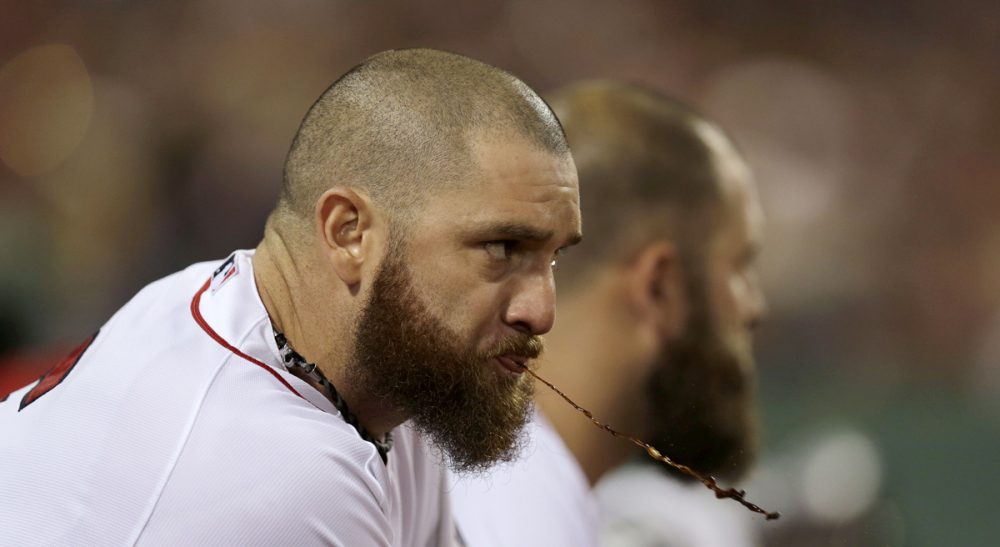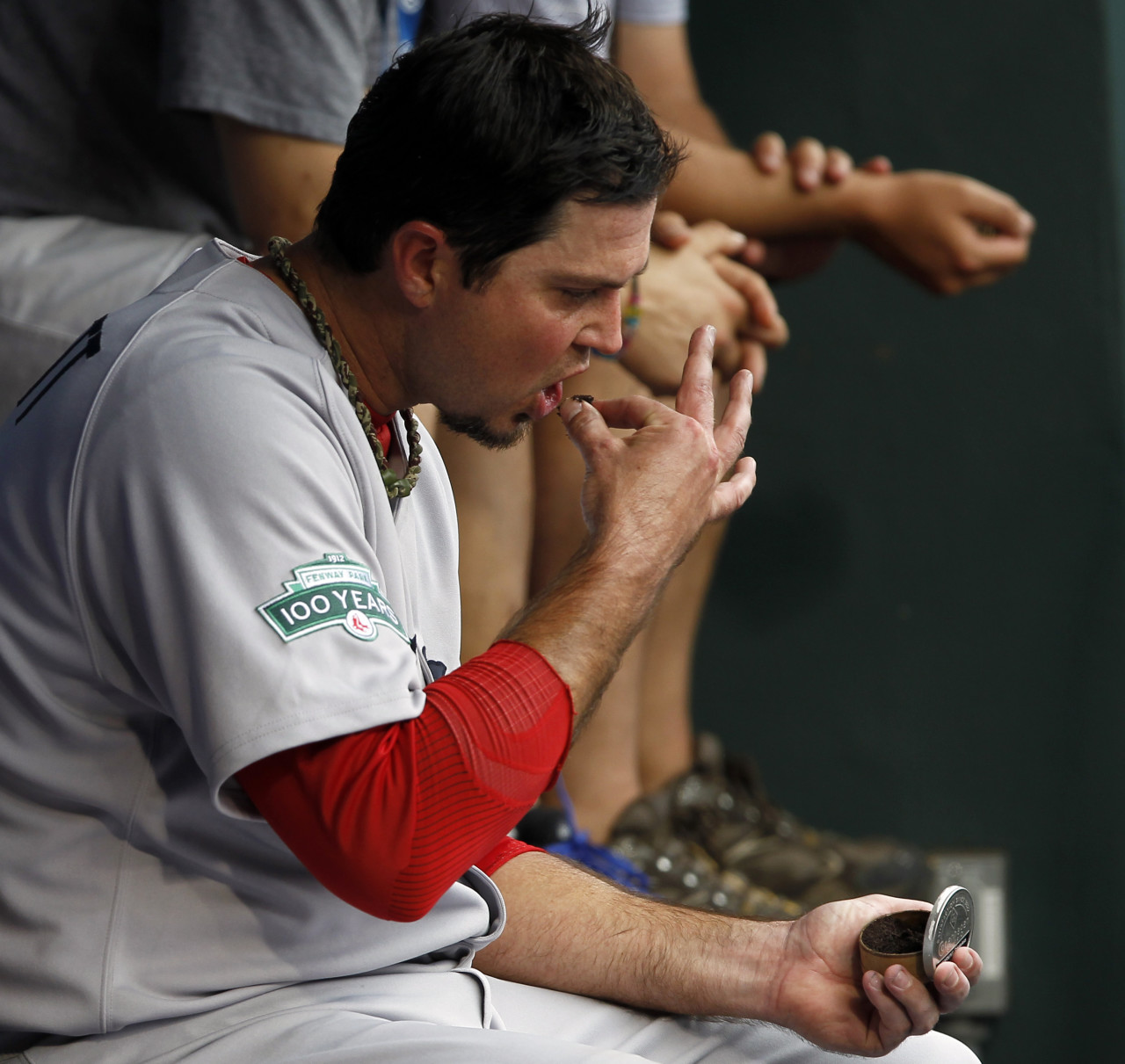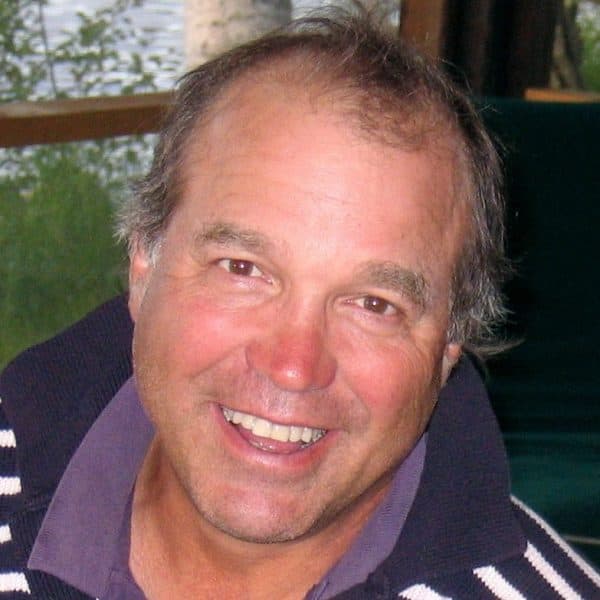Advertisement
Memo To Major League Baseball: Get Smokeless Tobacco Out Of The Game

When I was a boy, growing up outside Chicago, my favorite baseball player was Nellie Fox, the second baseman for the White Sox. He was more than my favorite baseball player. He was my hero: just 5 feet 9 inches, scrappy, choking up on his fat-handled bottle bat, slapping singles and doubles, big wad of tobacco stuffed in his cheek. He was proof that a little guy could make it big. Never had more than six home runs in a season, but a 12-time All-Star, MVP of the American League in 1959. That was the year the White Sox won the pennant, and I became a baseball fan for life. Right up through high school I imitated “Little Nel”: a wad of chewing gum bulging my cheek, choking up on a bottle bat, playing with a Nellie Fox model glove. He eventually made it to the Hall of Fame. Unfortunately he was no longer with us to appreciate the honor. In 1975 Fox died of skin cancer at the age of 47.
... a shocking number of players continue to use smokeless tobacco.
I have always assumed the cancer was brought on by Foxy’s habit of chewing tobacco….I remember watching him reload right there on the field, stuffing in a hunk of tobacco. In my research I’ve been unable to verify that the cancer was tobacco-induced. A lot less was known about the dangers of smokeless tobacco in those days. Still … chances are … just 47….
This all came back to me last week, of course, when Curt Schilling announced he’d been treated for mouth cancer — “squamous cell carcinoma” is the clinical phrase — brought on, he has no doubt, by his 30-year use of smokeless tobacco. Schilling, too, is 47. His cancer is apparently now in remission after weeks of chemotherapy and radiation treatments, but he lost 75 pounds during process and was forthcoming about how awful the treatments were. “If this happened again,” Schilling said, “I’m not sure I would go through the treatment again. It was that painful.” He has lost his salivary glands, and his senses of taste and smell. Still, Schilling acknowledges he is one of the lucky ones. Just last June Hall of Famer Tony Gwynn, one of the most beloved players of his generation, died of oral cancer at the age of 54. Gwynn, too, had been a career-long user of smokeless tobacco.

So, the obvious question: Why does Major League Baseball permit players, coaches or managers to use tobacco in any of its forms during games? It’s the only professional league to do so. The answer, incredibly, is the Players Association. Baseball’s long tolerance of tobacco use is apparently a collective bargaining chip, and to date the Major League Baseball Players Association has refused to give in to managements’ entreaties to kick that killer out of the game.
Certain strides have been made. In the last contract negotiation, held in 2011 and put in place for the 2012 season, it was agreed players could not carry either tins or packages of tobacco in their uniforms anytime fans are in the ballpark. But that doesn’t stop them from dipping between innings, in the privacy of the clubhouse, then bringing that little pinch between the cheek and gum onto the field during the game. And despite the obvious risks involved, and the examples of Schilling and Gwynn, a shocking number of players continue to use smokeless tobacco. Red Sox veterans Clay Buchholz and Dustin Pedroia both dip, and former Sox star Josh Beckett admits to being “addicted to it.” Former Red Sox manager Terry Francona, now with Cleveland, has tried to give up chewing tobacco for years, without success. David Ortiz puts a chaw in when he hits, then spits it out afterward. In a spring training poll by the Boston Globe of players in the Red Sox organization, an eye-popping 21 of 58 players — 36 percent — admitted to dipping or chewing during games.
Advertisement
While professional athletes are in uniform, on the field of play, they have a responsibility to set good examples. Healthy examples.
In ordinary circumstances I might say, “Let them. It’s their right to make horrible choices.” But like it or not, professional athletes are role models for youngsters. So this is different. While professional athletes are in uniform, on the field of play, they have a responsibility to set good examples. Healthy examples. And Major League Baseball has a responsibility to insist that the players do so. Because kids — way too many kids — mimic their heroes. A 2013 study by the Centers for Disease Control determined that 14.7 percent of high school boys had used smokeless tobacco in the previous 30 days. I’m not going to blame Major League Baseball for all of them. Any one is enough.
On the heels of Tony Gwynn’s death, and of Curt Schilling’s brush with death, baseball’s outgoing Commissioner Bud Selig and Players Association director Tony Clark should hold a special meeting to revisit the league’s tolerance of smokeless tobacco use. It’s already banned in the minor leagues, and to wait for the current Collective Bargaining Agreement to expire in 2016 before taking action is dangerous, irresponsible and just plain dumb. Tobacco, in any of its forms, has no business on an athletic field. It’s way past time for Major League Baseball and its Players Association to face up to that.
Related:
